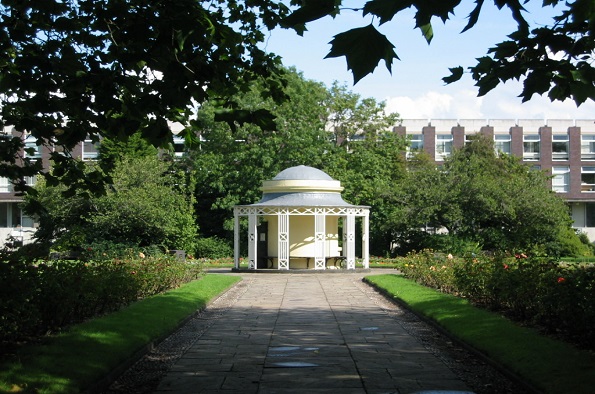
The Nazi Genocide of the Roma: the ethical challenges of survivor engagement
- Dr Molly Crozier
- Admission: This is a free event, however please register via the Eventbrite link provided
- Book now
Add this event to my calendar
Click on "Create a calendar file" and your browser will download a .ics file for this event.
Microsoft Outlook: Download the file, double-click it to open it in Outlook, then click on "Save & Close" to save it to your calendar. If that doesn't work go into Outlook, click on the File tab, then on Open & Export, then Open Calendar. Select your .ics file then click on "Save & Close".
Google Calendar: download the file, then go into your calendar. On the left where it says "Other calendars" click on the arrow icon and then click on Import calendar. Click on Browse and select the .ics file, then click on Import.
Apple Calendar: The file may open automatically with an option to save it to your calendar. If not, download the file, then you can either drag it to Calendar or import the file by going to File >Import > Import and choosing the .ics file.
Esther Bernsen (Am’Cha, Berlin): Multigenerational legacies of Holocaust trauma from a psychological perspective
Katy Hooper (University of Liverpool Special Collections): ‘Gypsy’ collections and the de-colonising project
The University of Liverpool Library has a substantial collection of material on Romani life and culture, collected by academics and enthusiasts since the late nineteenth century under the aegis of the Liverpool-based Gypsy Lore Society. Among the holdings is a set of photographs of German Sinti from the 1930s, reflecting their lives on the threshold of the Nazi genocide. Some of these photographs have circulated widely in the context of accounts of the genocide, most recently as part of a large travelling exhibition organised by Eve Rosenhaft (HLC/LCF) and Jana Müller (Alternatives Jugendzentrum Dessau). In the context of the wider project of de-colonising historical research and museum and archive collections, the use of these photographs raises important ethical questions. This event explores these issues from the perspective of the families of the genocide victims who are the subjects of the photos and from that of the University Library.
